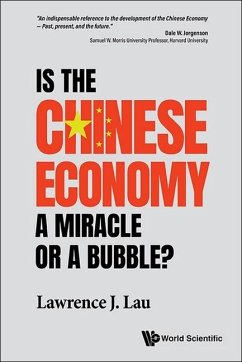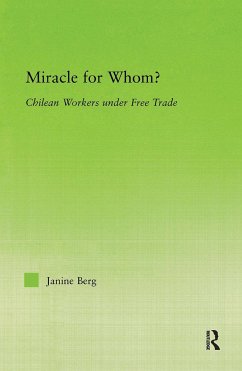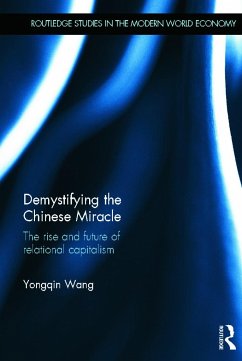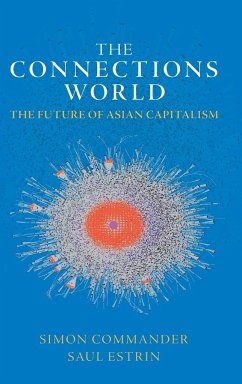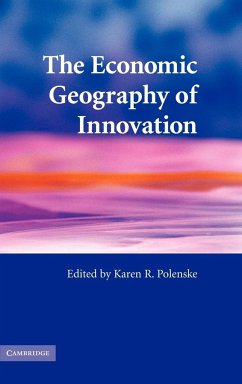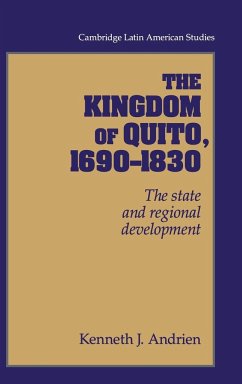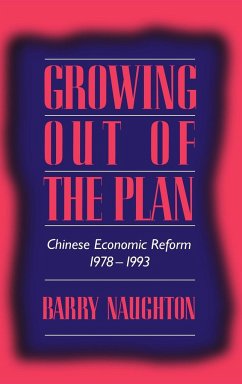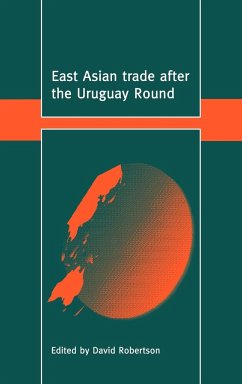
Beyond the Miracle of the Market

PAYBACK Punkte
64 °P sammeln!
As capitalism defeated socialism in Eastern Europe, the market displaced the state in the developing world. In Beyond the Miracle of the Market, first published in 2005, Bates focuses on Kenya, a country that continued to grow while others declined in Africa, and mounts a prescient critique of the neo-classical turn in development economics. Attributing Kenya's exceptionalism to its economic institutions, this book pioneers the use of 'new institutionalism' in the field of development. In doing so, however, the author accuses the approach of being apolitical. Institutions introduce power into ...
As capitalism defeated socialism in Eastern Europe, the market displaced the state in the developing world. In Beyond the Miracle of the Market, first published in 2005, Bates focuses on Kenya, a country that continued to grow while others declined in Africa, and mounts a prescient critique of the neo-classical turn in development economics. Attributing Kenya's exceptionalism to its economic institutions, this book pioneers the use of 'new institutionalism' in the field of development. In doing so, however, the author accuses the approach of being apolitical. Institutions introduce power into economic life. To account for their impact, economic analysis must therefore be complemented by political analysis; micro-economics must be imbedded in political science. In making this argument, Bates relates Kenya's subsequent economic decline to the change from the Kenyatta to the Moi regime and the subsequent use of the power of economic institutions to redistribute rather than to create wealth.





